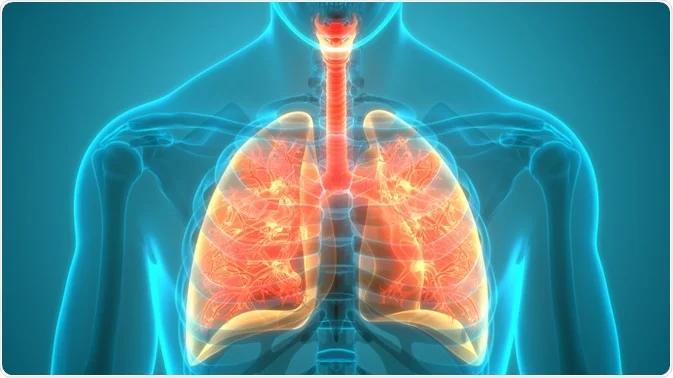Sarcoidosis is a condition characterized by the growth of tiny collections of inflammatory cells (granulomas) in various parts of the body, most commonly the lungs, lymph nodes, eyes, and skin. The cause of sarcoidosis is not fully understood, and it can affect individuals of any age, race, or gender.
Symptoms:
Symptoms of sarcoidosis vary depending on which organs are affected but may include:
- Lungs: Persistent cough, shortness of breath, chest pain.
- Lymph Nodes: Enlarged lymph nodes, particularly in the neck, armpits, or groin.
- Skin: Reddish bumps or patches, sores, discoloration.
- Eyes: Eye pain, blurred vision, sensitivity to light, dryness.
- Other Organs: Fatigue, fever, joint pain, weight loss.
Causes:
The exact cause of sarcoidosis is unknown, but it’s believed to involve an abnormal immune response triggered by exposure to certain environmental, occupational, or genetic factors. Potential triggers may include:
- Genetics: There may be a genetic predisposition, as sarcoidosis tends to run in families.
- Environmental Factors: Exposure to certain substances like dust, chemicals, or infectious agents may trigger the immune system.
- Immune System Dysfunction: Sarcoidosis is thought to be an autoimmune disorder where the immune system mistakenly attacks healthy tissue.
Treatment:
Treatment for sarcoidosis depends on the severity of symptoms and which organs are affected. In many cases, sarcoidosis goes away on its own without treatment. However, if symptoms are severe or organs are significantly affected, treatment options may include:
- Corticosteroids: Prednisone is commonly prescribed to reduce inflammation and suppress the immune system.
- Immunosuppressive Drugs: Medications such as methotrexate or azathioprine may be used for individuals who don’t respond well to corticosteroids.
- Biologic Therapies: Drugs like infliximab or adalimumab may be used for severe cases.
- Symptomatic Treatment: Medications or treatments to manage specific symptoms such as pain, fatigue, or skin problems.
Prevention:
As the exact cause of sarcoidosis is unknown, there are no specific measures for prevention. However, some general lifestyle practices that support overall health may help reduce the risk of developing sarcoidosis or manage symptoms:
- Avoiding Environmental Triggers: Minimize exposure to known environmental irritants or triggers such as dust, chemicals, or infectious agents.
- Healthy Lifestyle: Maintain a balanced diet, exercise regularly, get adequate rest, and manage stress to support overall immune system function.
- Regular Check-ups: Attend routine medical check-ups, especially if you have a family history of sarcoidosis or are experiencing symptoms suggestive of the condition.
































